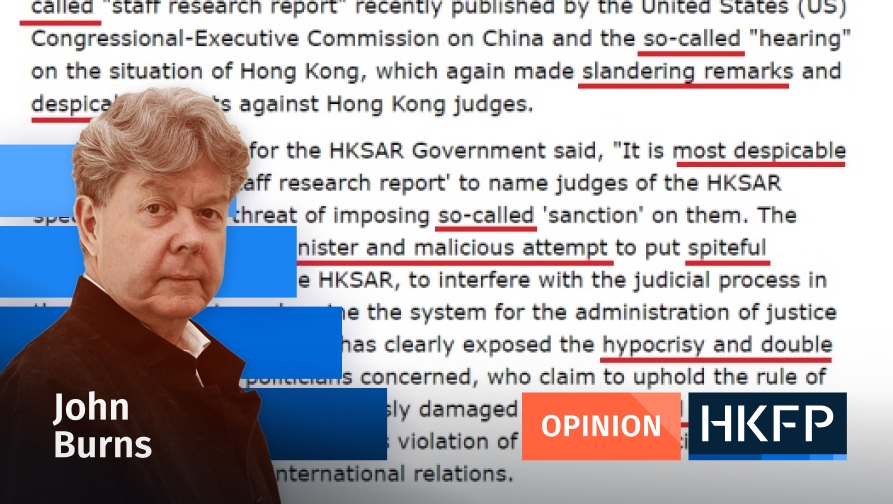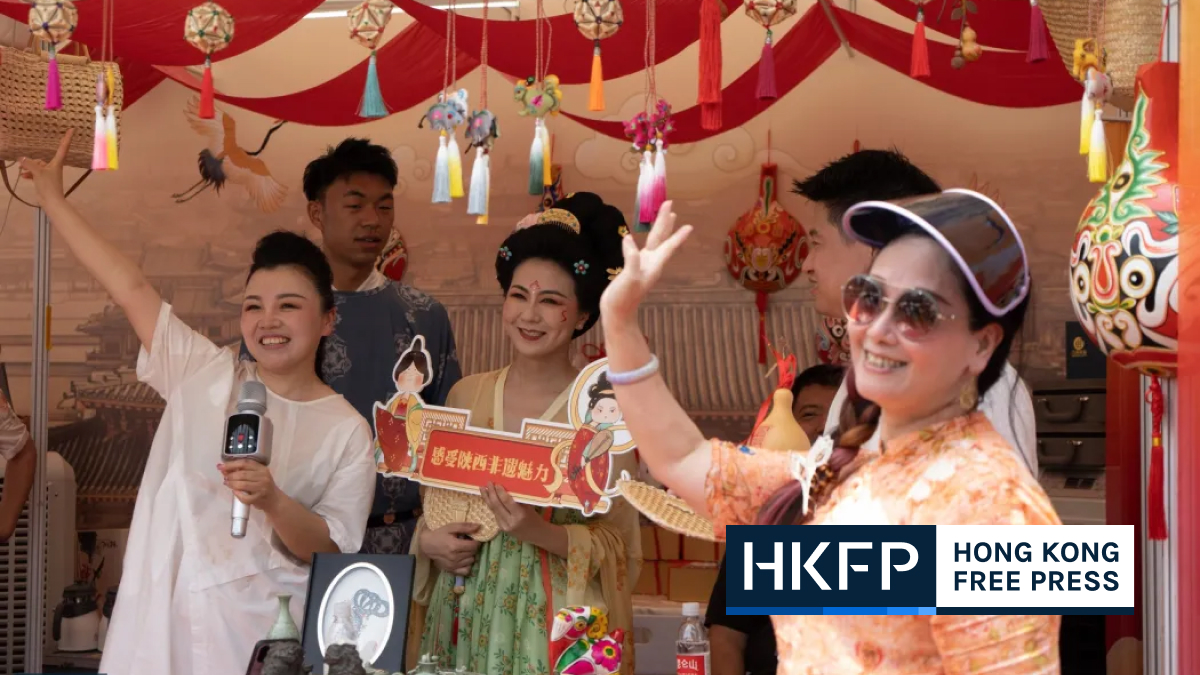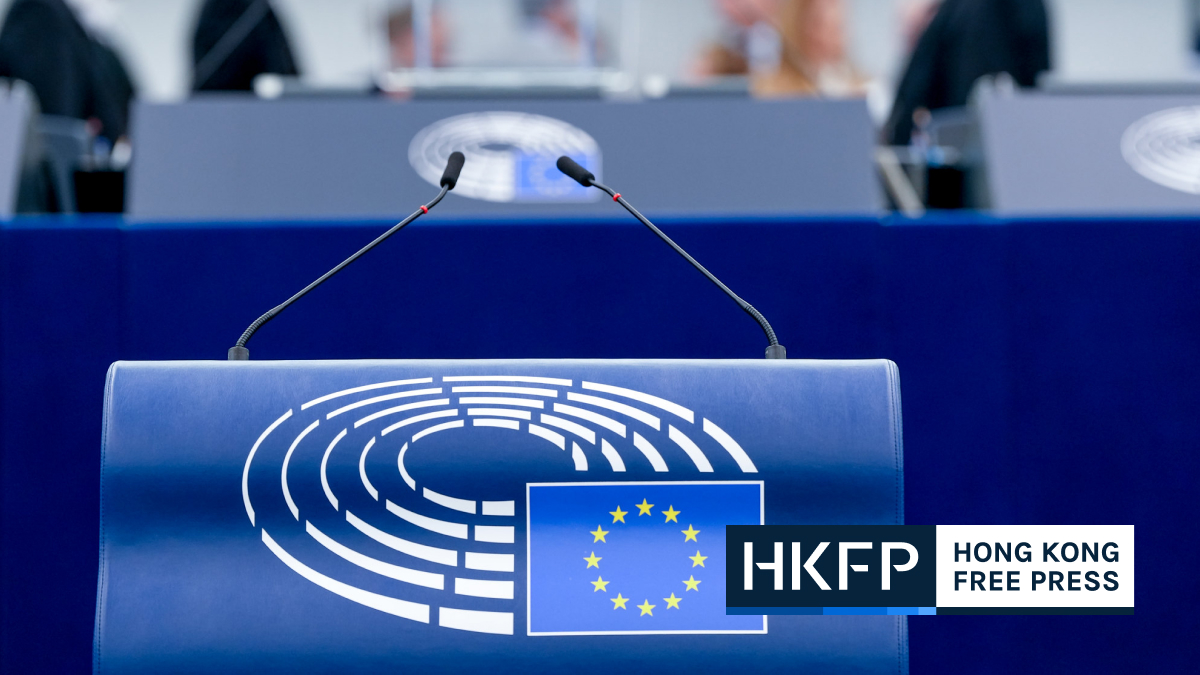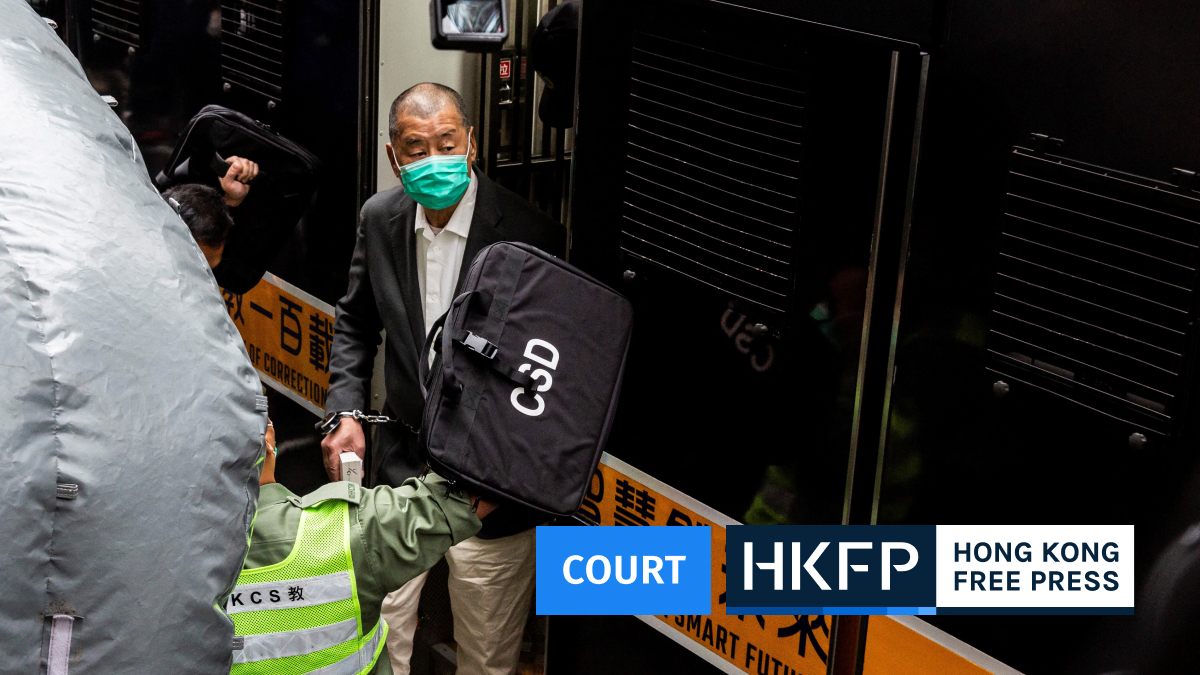Work visas for journalists are being vetting by a new national security unit within the Immigration Department according to local media.
Both Stand News and The Standard cited sources as saying the new unit – the formation of which was never publicised – came into force at the end of June. The division is led by a principal immigration officer from the Quality Migrants and Mainland Residents Section (QMMR), sources said.
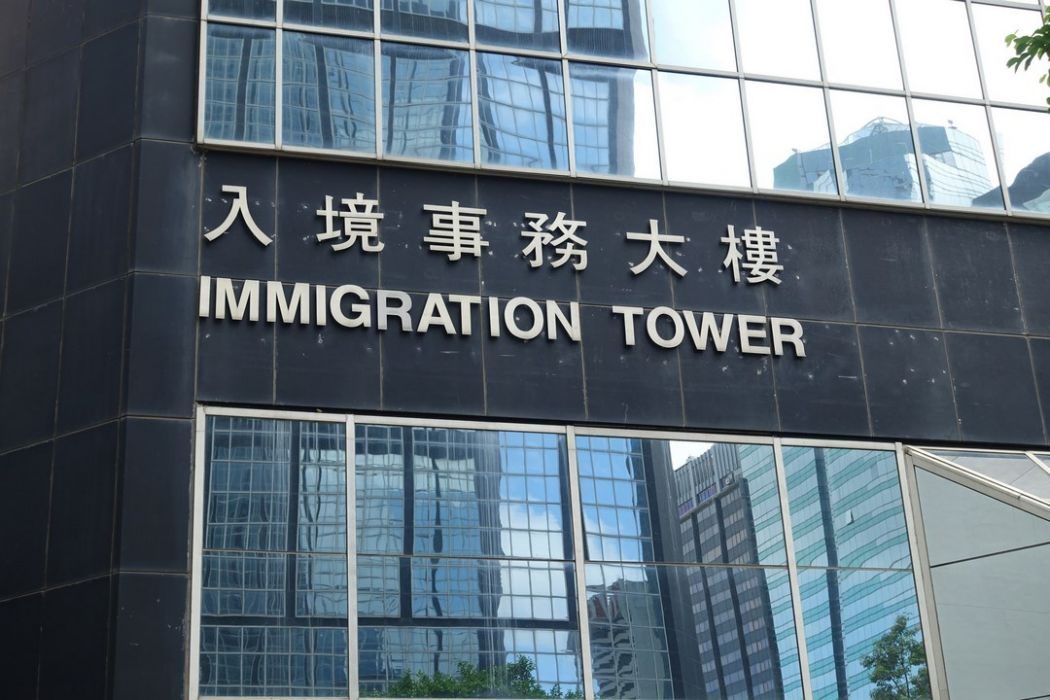
On June 30, China’s top legislative body enacted the legislation that criminalises secession, subversion, terrorist acts and collusion with foreign forces, without local legislative oversight.
Sources told the two outlets that the immigration authorities had delayed visa renewals for journalists over “technical reasons.” For instance, if editors have reported from protest scenes without stating that their duties included reporting on their visa applications, the department could hold – or even reject – their visa extensions. Editors within news organisations are often tasked with doing first-hand reporting.
The authorities would also review the journalists’ monthly salary records and Mandatory Provident Fund to see if they had long-term employment in the city. If visa applicants had not been paid for a few months, the department would argue it was “not necessary” for the journalists concerned to work in Hong Kong.
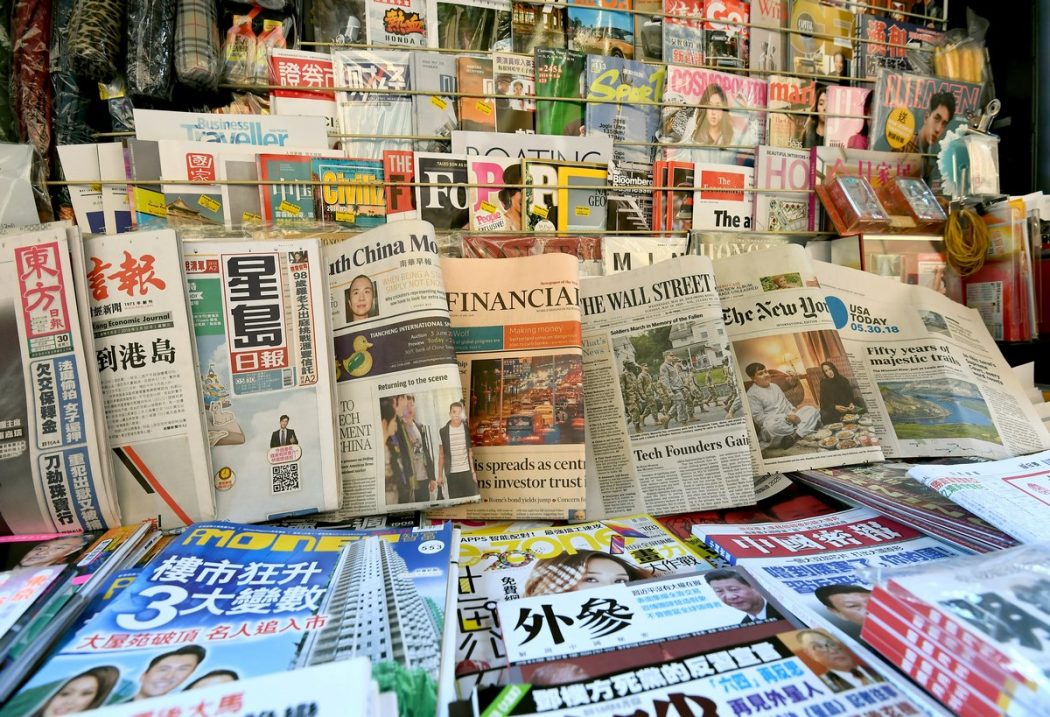
The Immigration Department did not respond Stand News’ request for confirmation. HKFP has also reached out for comment.
Months of delays
The news comes amid months-long delays in visa processing for US titles such as the New York Times and Wall Street Journal, as well as for the local South China Morning Post. The Times announced that it was moving a third of its Hong Kong staff to South Korea after their China journalist Chris Buckley was denied a visa without reason.
The Immigration Department have refused to explain the delay, telling HKFP that the actual processing time for each application depended on individual “merits and circumstances.”
The Foreign Correspondents’ Club (FCC) said in a statement last week that the hold-ups were “highly unusual” as it called on China and the US to stop using the visas as a “weapon” in international disputes.
The issuance of visas for journalists first became politicised in 2018. HKFP revealed that the Financial Times’ journalist Victor Mallet was denied a visa extension after he chaired a talk with a pro-independence advocate at the FCC. He was then banned from Hong Kong entirely.
Media organisations became entangled in the recent growing tension between China and the US. The Trump administration designated four major Chinese state media outlets as “foreign missions” and slapped visa quotas on five media organisations from China.
Chinese authorities hit back by stripping US journalists from The New York Times, the Wall Street Journal and The Washington Post of their press credentials.
Update: When asked by HKFP whether work visas for journalists were now being considered by a new national security unit, Immigration did not directly answer – nor did they deny its existence. A spokesperson told HKFP that the department’s visa division handles applications “in accordance with the laws and immigration policies,” claiming the city had an “open” policy on employing foreigners.
Additional reporting: Kelly Ho.
Support HKFP | Policies & Ethics | Error/typo? | Contact Us | Newsletter | Transparency & Annual Report | Apps
Help safeguard press freedom & keep HKFP free for all readers by supporting our team





















